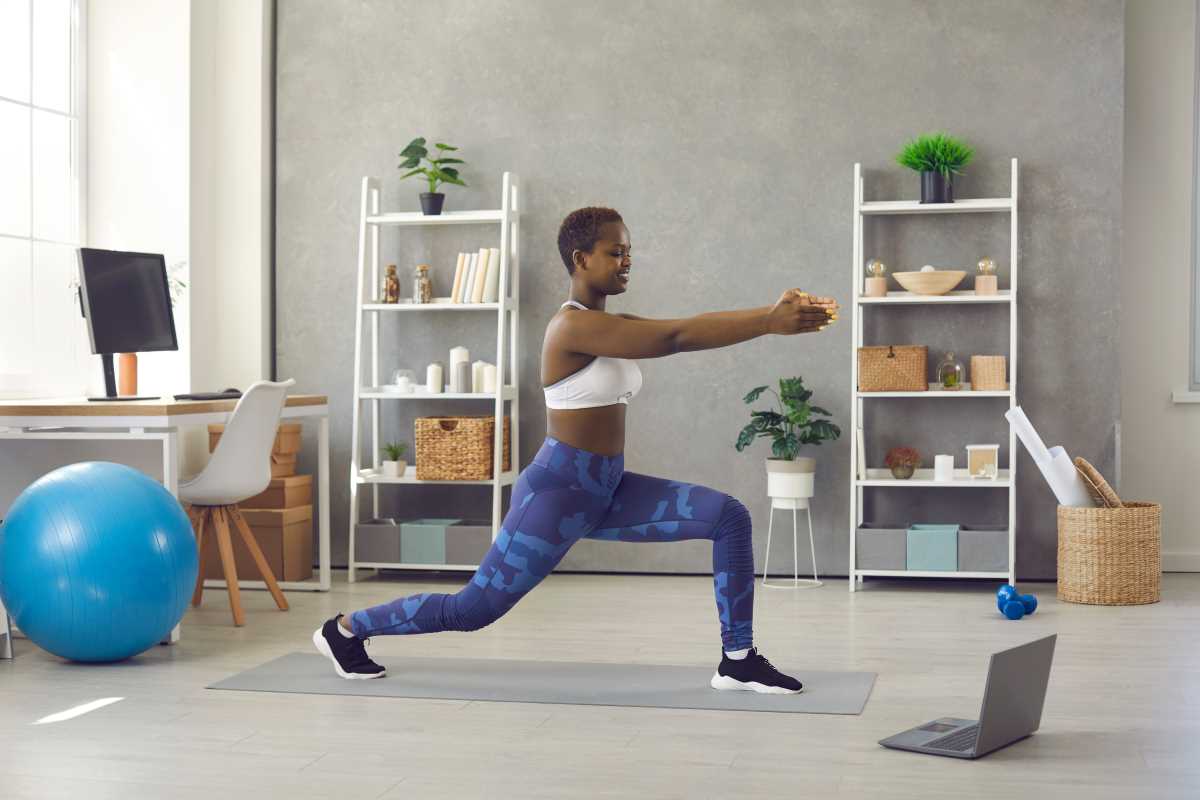For years, the conversation around fitness has revolved around physical health. Gyms, apps, and brands focused their messaging on weight loss, building muscle, or achieving that elusive "perfect body." But the landscape is shifting. A growing number of brands are now championing the crucial connection between mental health and fitness. Why? Because they’ve realized health isn’t just about how fast you can run or how much weight you can lift. It’s also about how you feel inside.
This emerging trend isn’t just a marketing tactic – it’s a reflection of what people genuinely need and want. The connection between mental and physical health is undeniable. When we move our bodies, we boost our mood. When we feel great mentally, we’re more motivated to care for our bodies. It’s all connected. And forward-thinking brands are seizing this opportunity to create something bigger than just fitness routines. They’re creating movements that prioritize whole-person wellness.
Why the Mental Health-Fitness Connection Matters
It’s no secret that mental health issues are on the rise. According to mental health professionals, anxiety, depression, and other challenges have skyrocketed in recent years. At the same time, exercise is often cited as one of the most effective, drug-free ways to improve mood and reduce stress.
When you pair these facts together, the connection becomes obvious. Brands that focus on this link are tapping into something deeply relevant. They’re not just offering a product or service; they’re offering tools for emotional resilience, self-care, and balance. And for consumers burned out by traditional fitness messaging that focuses only on appearance? It’s a breath of fresh air.
Integrating mental health awareness into fitness also fosters inclusivity. Instead of promoting a "one-size-fits-all" approach to wellness, it allows for a more personalized, compassionate take. It’s not about running a marathon or lifting a certain weight. Sometimes, it’s about going for a walk to clear your mind or stretching for ten minutes to ease the day’s tension.
How Brands Are Leading the Charge
From wellness apps to activewear companies, brands are getting creative with how they integrate mental health into their fitness campaigns. They’re changing the narrative from "push harder" to "take care of yourself." Here are a few inspiring examples to watch:
1. Headspace x Nike: The popular meditation app and sportswear giant teamed up to create programs that blend mindfulness with movement. Their app offers guided runs that incorporate breathing exercises, helping users tune into their mental and physical well-being as they exercise. It’s a perfect example of two powerful forces working together to create a balanced experience.
2. Lululemon’s "Peace on Purpose" Campaign: Lululemon has long focused on community and mindfulness alongside fitness, but their recent work takes things a step further. Partnering with organizations like the United Nations, they’ve launched initiatives that help people reduce stress through yoga and meditation. Their focus isn’t just on selling leggings; it’s on helping people feel grounded and supported.
3. Peloton’s Mood-Aligned Classes: Known for its intense cycling classes, Peloton has started incorporating themes like emotional well-being into its content. They now offer classes based on your mood, so whether you want to work out your anger or reset after a stressful day, there’s something designed for you.
4. Wellory’s Nutrition Meets Mental Health Approach: While not strictly a fitness brand, Wellory’s focus on the intersection between how we eat and how we feel is gaining traction. By offering supportive food plans tied to better mental health, they reinforce the idea that wellness is about treating your entire self, not just your body.
Why It Benefits Everyone
This shift toward mental health isn’t just good for consumers, it’s beneficial for brands, too. Here’s why.
For consumers, this focus creates a healthier, more sustainable relationship with fitness. Instead of treating exercise like a punishment or a chore, it becomes an act of self-care. People feel empowered to listen to their bodies and honor their needs, rather than forcing themselves into rigid routines.
For brands, the connection builds loyalty. When consumers see that a brand genuinely cares about their well-being, they’re more likely to engage with and support that company. It also sets brands apart in a saturated fitness and wellness market. The focus isn’t just on selling equipment, apps, or memberships. It’s about creating a lifestyle that resonates on a deeper level.
Where This Trend Is Headed
The mental health-fitness connection is still unfolding, but it’s clear it’s here to stay. Future innovations might include app integrations that track mood alongside physical activity, fitness studios that offer mindfulness sessions as part of their memberships, or wearables that recommend recovery days based on emotional stress levels.
The big takeaway? Fitness isn’t just physical anymore. The brands championing mental health in their messaging are setting a new standard, one that embraces the full spectrum of human wellness. And they’re creating a world where caring for both your body and mind is not only encouraged but celebrated.
It’s time to move differently, think differently, and live differently. The future of fitness includes you – your energy, your emotions, and everything in between. Isn’t that the way it should be?






